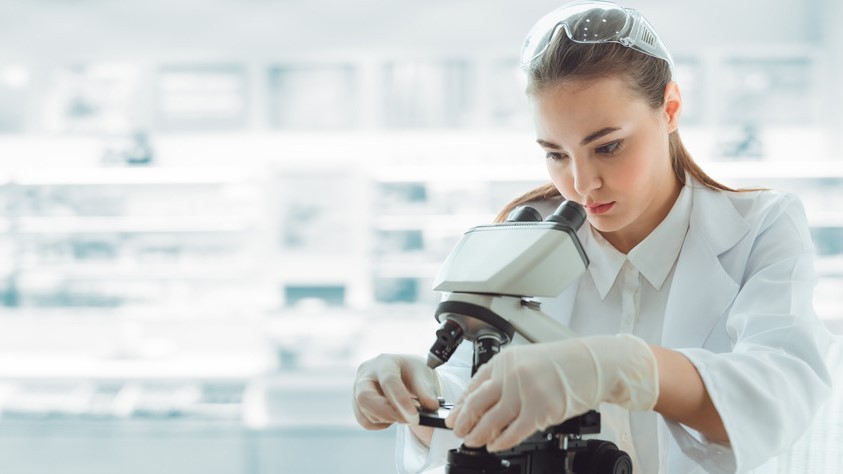Definition of Pharmaceutical Analysis
The definition of Pharmaceutical analysis is a branch of chemistry that involves the application of analytical procedures to ensure the purity, quality, and safety of pharmaceutical products. It involves qualitative and quantitative analysis that consists of a series of procedures for identification, determination, quantitation, and purification. The major application of pharmaceutical analysis includes identification of the chemical category of compounds, determination of compounds in the mixture, separation of the components from the mixture, isolation, purification, and structural identification of compounds.
Scope of Pharmaceutical Analysis
Pharmaceutical analysis and quality control are vital in pharmaceutical industries as pharmaceuticals have an important role in human health. Quality of drugs is vital and those which deviate in quality aspects are referred to as sub-standard. The quality of a product is the output of a series of analyses starting from raw materials, in-process during the conversion stage, and extending till the finished product. Quality should be ensured in every stage of manufacturing the product, thus, it can reach the market with safety assurance. Hence, the manufacturing and quality of drugs should be in accordance with the standard protocols prescribed by Pharmacopoeia.
The quality of drugs should meet the standards related to safety, potency, and efficacy. Hence, all these parameters of quality are evaluated by various quality control methods. The aim of quality control is to evaluate whether the sample drug complies with the appropriate specifications, based on various tests. These tests may vary from a single ingredient to multi-gradient formulations.
Purity:
When a chemical is free from impurities or contaminants, it is said to be chemically pure. It is extremely difficult to achieve 100% of chemical purity during manufacturing processes, however with special care in production processes, achieving the optimum purity is possible. The process of obtaining such pure chemicals is cost-effective and may be time-consuming. Thus, the processes which are economically affordable, rapid, and easier are preferred and these parameters are considered while optimizing the methods.
Especially the chemicals which are used in the production of pharmaceutical drugs are to be selected carefully for safety aspects as they are involved in healthcare. The impurities present in such chemicals may interfere with the stability and biological activity of the drugs. One should ensure the purity of the chemicals before selection and use. Thus, there are certain prescribed standards available to decide the purity of chemicals. These standards are prescribed by official monographs in the pharmacopeias.
Make sure you also check our other amazing Article on: Synthetic Evidence of Benzene
